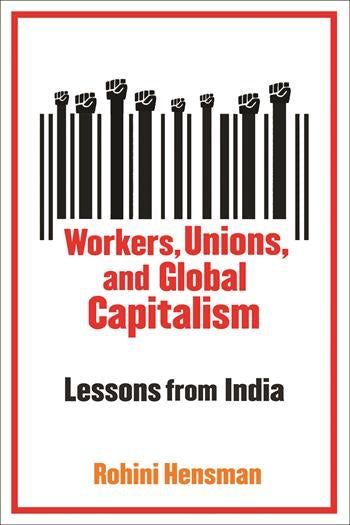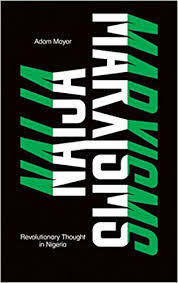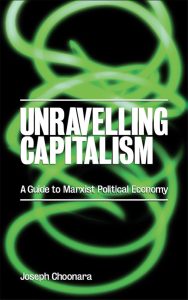While it’s easy to blame globalization for shrinking job opportunities, dangerous declines in labour standards, and a host of related discontents, globalisation has also created opportunities for worker organisations. By expanding employment in developing countries, especially for women, globalization has formed a basis for stronger workers’ rights, even in remote sites of production.
Using India’s labour movement as a model, Rohini Hensman charts the successes and failures, strengths and weaknesses, of the struggle for workers’ rights and trade union organisation. As Indian products gain wider acceptance in global markets, the disparities in employment conditions and union rights between such regions as the European Union and India’s vast informal sector are exposed.
Hensman’s study examines the unique pattern of “employees’ unionism” and the later formation of a national federation of independent unions. A key issue is how far unions can resist protectionist impulses and press for stronger global standards.
Hensman calls for a revival of trade unionism including demands for the elimination of informal labour, reductions in military spending to fund comprehensive welfare and social security systems.
The book provides an excellent view of capitalism and how trades unions can fight it – in the Global South. Many of the issues Rohini raises from a South Asian vantage point are equally true for Nigeria. The paper version is now £20.
DOWNLOAD











